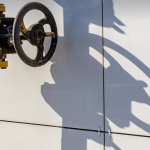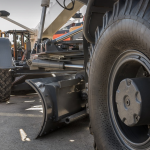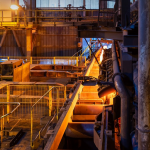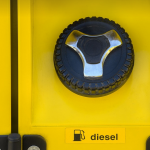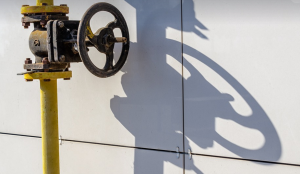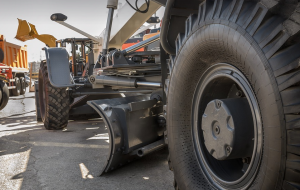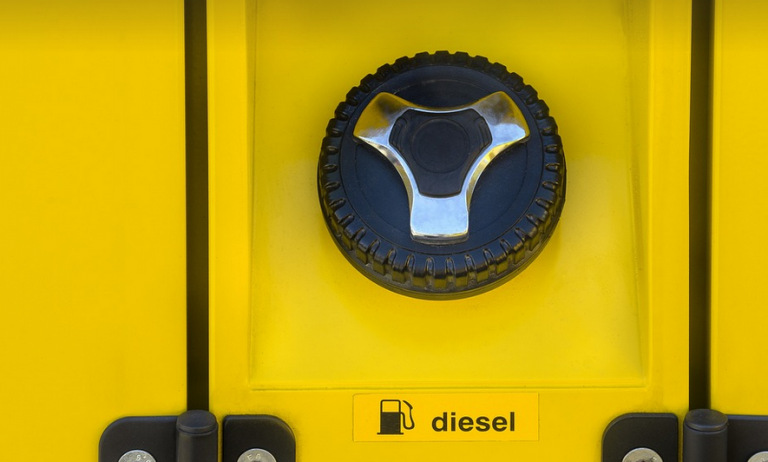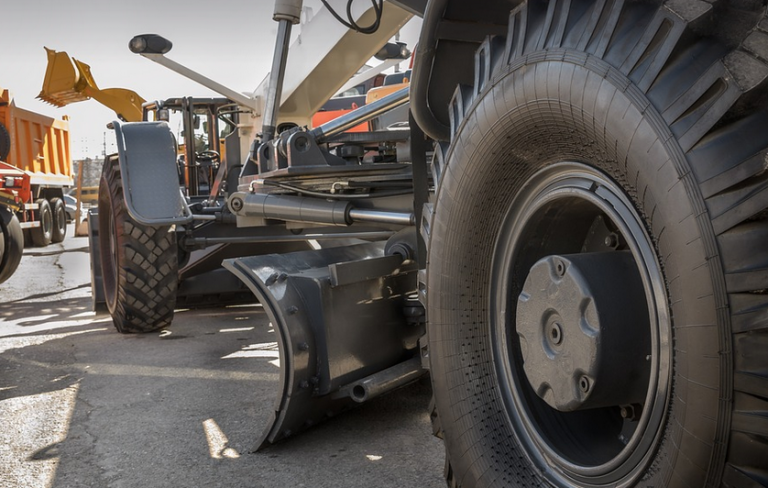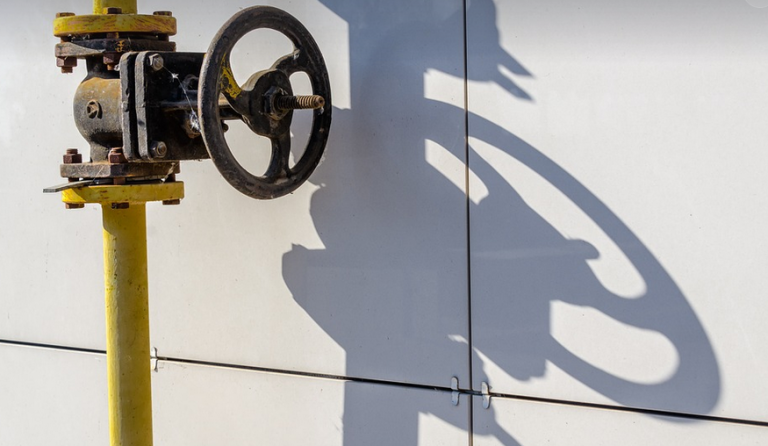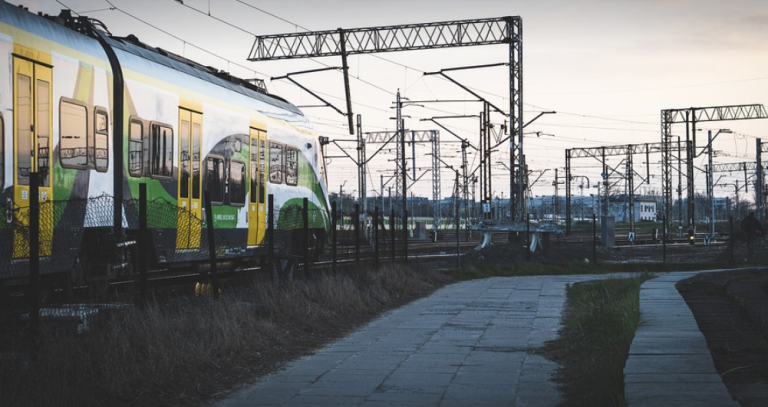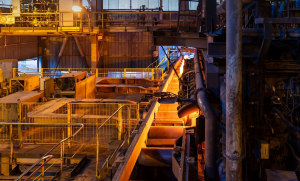Navigating the Charleston Recycling Maze
Living in Charleston, South Carolina, means embracing the city’s vibrant culture and its commitment to sustainability. But with all the exciting events and charming neighborhoods, keeping track of recycling can sometimes feel like navigating a maze. Whether you’re trying to sort your trash or simply want to know the best practices for eco-friendly living in Charleston, rest assured that we’ve got you covered!
The City of Charleston has a robust recycling program designed to minimize waste and protect our precious natural resources. It’s an essential part of maintaining a healthy environment for future generations. But with so many different materials to sort, navigating the system can seem daunting at times.
Understanding your Trash: A Breakdown of What Can be Recycled in Charleston
The foundation of any successful recycling program lies in knowing what belongs where. Charleston follows a clear and concise system for sorting recyclable materials into designated bins, ensuring that everything goes to the right place. To make things easier, let’s break down some common household items according to their appropriate category:
**Paper & Cartons:** Newspapers, magazines, cardboard boxes, paperboard (cereal boxes, food packaging), junk mail and office paper.
**Plastic Bottles & Containers:** Rinse containers out and place them in the designated bins. These can include water bottles, soda bottles, milk jugs, yogurt tubs, cleaning product bottles, and more. Make sure they are not mixed with glass or other types of plastic.
**Glass Bottles & Jars:** Empty all food-stained glass jars, bottles (empty juice containers, soda bottles), along with wine and beer bottles. The goal is to only recycle clean glass items.
**Metal Cans & Foil:** Aluminum and steel cans should be rinsed out before recycling. This helps prevent contamination and ensures the recycled metal can be used for new products.
Charleston’s Recycling Program: A Step-by-Step Guide
Knowing your materials is just the first step. To maximize your impact and contribute to a more sustainable Charleston, let’s delve into the steps involved in recycling:
**Understanding Your Bins:** Charleston utilizes a system of different colored bins for various material categories. Familiarize yourself with these colors:
- Blue Bin – For paper and cardboard
- Green Bin – For recyclables such as plastic bottles, metal cans, glass bottles.
- Red Bin – For yard waste and compostable items.
- Black Bin – for trash, this is where non-recyclable materials can go
**Sorting Materials:** Once you’ve got the basics down on your bins, it’s time to sort! The key principle here is to carefully separate items before placing them in their designated bins. This ensures that recyclable materials are properly collected and processed.
**Labeling Your Bins:** If you live in a larger household, this can get tricky. You also want a clear sign of what goes where. Label the bins with clear markings or symbols that represent each category.
The Charleston City Website: A Valuable Resource for Recycling Information
For those who need a visual guide or prefer to keep their recycling practices organized, the official website of the City of Charleston provides comprehensive information and resources:
- **Website Link:** Visit [Insert Official Website here]
- **Resources Available:** Look for downloadable PDF guides, FAQs, and helpful videos that provide specific instructions on how to recycle materials in the city.
Beyond the Basics: Advanced Recycling Tips for Charleston Residents
Charleston’s commitment to recycling goes beyond just sorting your waste. From composting to supporting local businesses, there are many ways to embrace a more eco-conscious lifestyle. Let’s share some advanced tips:
**Composting:** For those with gardens or green spaces, composting can be a game changer. It allows you to break down food scraps and yard waste into nutrient-rich materials that will enrich your soil.
**Local Businesses & Recycling Centers:** Look for local businesses who emphasize sustainability and recycling in their operations. These are often committed to minimizing the environmental impact of their products and services.
**The Circular Economy**: Consider learning about the circular economy, which focuses on reducing waste by keeping materials in use as long as possible. This involves reusing items, repairing them when possible, and recycling materials whenever feasible.
**Join the Movement:** A strong sense of community is key to driving positive change. If you’re passionate about environmental sustainability, consider joining local initiatives that promote recycling in Charleston. Your involvement can help make a real difference!

